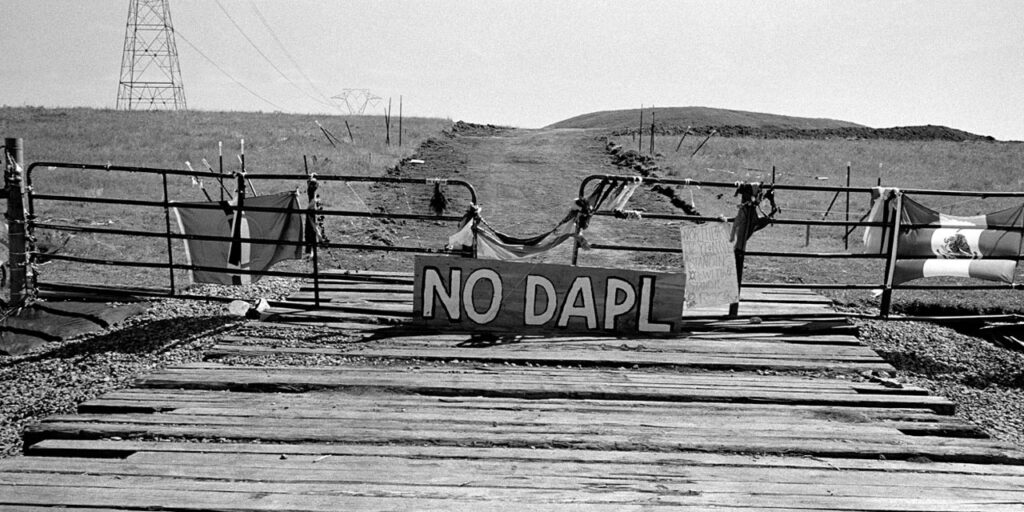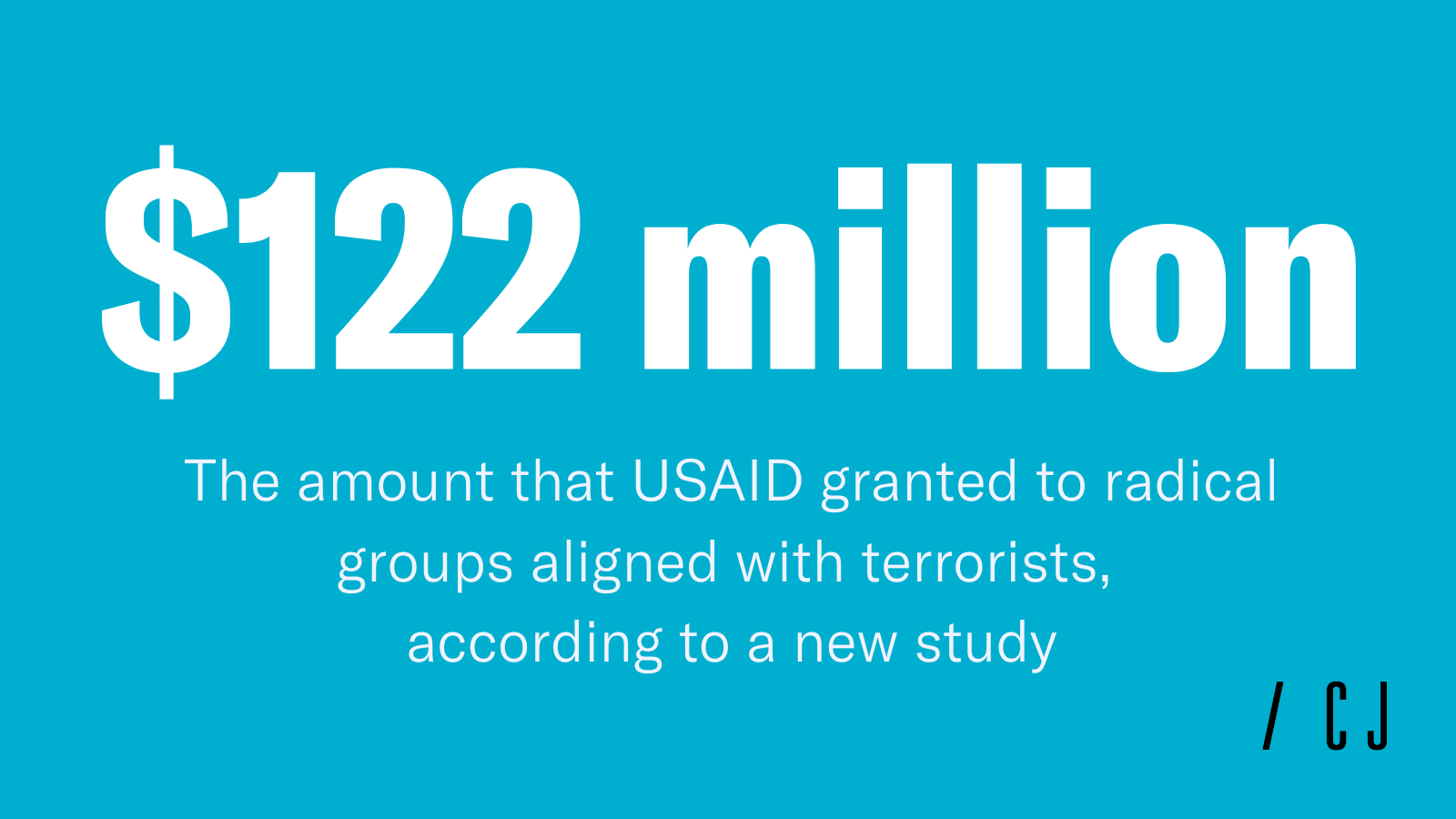|
Forwarded this email? Sign up for free to have it sent directly to your inbox. |
|
|
Good morning,
Today, we’re looking at the legal war on Greenpeace, why Trump is right about Greenland, alarming results from the nation’s report card, and a fascinating conversation on artificial intelligence.
Don’t forget to write to us at editors@city-journal.org with questions or comments. |
|
|
For decades, left-wing groups have employed a protest model that blends First Amendment–protected speech with criminal mischief. These demonstrations—call them “hybrid protests”—allow activists to use the generally nonviolent nature of the gatherings as cover for illegal acts. Progressive rioters notably used this tactic in cities nationwide after George Floyd’s death in 2020 and on college campuses following October 7, 2023.
Some behaviors at these protests—such as looting, vandalism, and violence—are crimes that can be prosecuted. But what legal options do private citizens have when demonstrations disrupt their lawful commercial activities? We’re about to find out: Energy Transfer, a pipeline company, has filed a civil RICO lawsuit against Greenpeace, charging the environmental group with disrupting its construction of the Dakota Access Pipeline.
In a City Journal feature, James B. Meigs dives into the case, speaking to experts about its prospects of success—and its broader implications. Read his piece here. |
|
|
| Seeking payback for the violent protests that disrupted its Dakota Access project, pipeline company Energy Transfer targets Greenpeace with a potentially groundbreaking lawsuit.
|
|
|
Many Americans were surprised to learn that Donald Trump wants to buy Greenland from Denmark, but the president has good reason to pursue this goal, writes Alexander B. Gray, who served in Trump’s first administration as Chief of Staff of the National Security Council. Trump’s interest in Greenland, Gray writes, is “deeply rooted in American strategic thought and diplomatic history” and could represent a reprioritization of the Western Hemisphere as the key area of U.S. security and economic interest. “Pursuing a new economic and security relationship with Greenland,” writes Gray, “is the type of bold initiative that separates great presidents from ordinary ones.”
Read why here. |
| |
The Nation's Report Card for 2024 is in, and the news isn’t good for U.S. schools—New York's included. The annual assessment from the National Assessment of Educational Progress shows that test scores remain mostly unchanged from two years ago, indicating that students have yet to recover from the pandemic-era learning losses caused by prolonged school closures.
But the report card brings even worse news, argues Manhattan Institute senior fellow Ray Domanico. National fourth- and eighth-grade reading scores are comparable with those seen in the 1990s, before the great “school-reform era” of the mid-2000s. In other words, the multibillion-dollar, multi-decade federal effort to improve schools has very little to show for it. Domanico suggests President Trump keep this reality in mind as he makes his case to the American people for closing the Department of Education.
The news isn't better for New York City and State K-12 students, says Domanico. New York spends more per-pupil than any state, yet its fourth-graders scored only around the national average, and Gotham’s fourth- and eighth-graders have shown no improvement since 2002, when the city first participated in the NAEP. These stark facts could become a major issue in the New York City mayoral election this fall and in statewide elections next year. Read Domanico’s analysis here. |
|
|
Dominic Cummings, a political strategist who served as Chief Adviser to British Prime Minister Boris Johnson, and Shivaji Sondhi, Wykeham Professor of Physics at the University of Oxford, recently held a fascinating discussion about the future of artificial intelligence and what it could mean for society and politics. We published an edited excerpt of their conversation, and you can read it here.
|
|
|
A quarterly magazine of urban affairs, published by the Manhattan Institute, edited by Brian C. Anderson. |
|
|
Copyright © 2025 Manhattan Institute, All rights reserved. |
|
|
|








